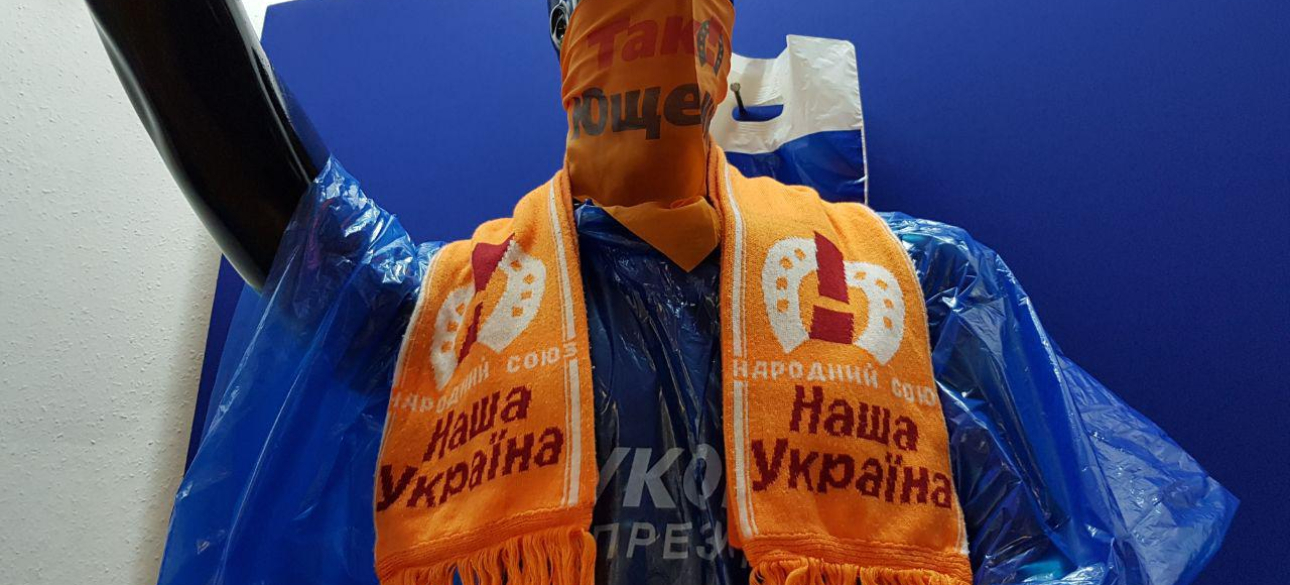
But it seems to me that all these things, except for their non -systemic, have another fundamental problem: all the proposed solutions are poorly correlated with what is happening "on Earth" and offer "ideal solutions" for vacuum where there are no previous public arrangements , fears and stories of mistakes. I have identified three, to me, the key social problems we will have to face (more precisely, we live with these problems).
And without trying to solve these problems, all Marshal plans will have no chance of success. Separately, I would like to draw attention to the fact that I do not knowingly write about military threats, which are, of course, basic. But war experts should write about the war. So, what are the problems: the basic problem of Ukraine in the pre -war period was the gap between man and the state. The Ukrainians took place as a political nation, which confirmed 24. 02.
22, but the state was at the same time expensive and "alien" for Ukrainians. In the first months of the war there was an absolute unification of man and state. There is now a process of trapping large segments of society around certain leaders (ideas). And each of these capsules is militant to each other. Today, according to various sociological studies, 5% barrier overcomes or is on the verge of overcoming 7-8 political forces.
From the point of view of the development of attributive (indicative) democratic process, it is as if positive. But we are in the process of fragmentation of society, cabbage large groups, which are often (mostly) aggressive towards each other. The difference from 2004 or 2013 is that the country is divided not into two irreconcilable camps, but on 5-7 camps with a tendency to even larger (micro) split.
And all this happens against the background that each of these camps begins openly or veiled to profess the idea of "State - I am". And therefore, a situation is created in which the picture of the future is fundamentally not needed elites to solve political (electoral) problems.
Our policy has long (since 2004) has become a fan -party, where the political process is the basis of the political process and hatred of others, based on the belief that beyond the ideas of their party, the truth simply does not exist. Narrowing political support in most actors makes them and their adherents not seek dialogue, but on the contrary, more aggressively to protect their space, which, repeatedly, tends to narrow.
All the most difficult solutions and reforms are only resorted to where there is an elite pact on the obligation to implement certain rules of the game. The laws here are important, but secondary to the Elite Covenant, which envisages or does not provide for the observance of the same laws. The current situation is exacerbated by the issue of the same pact, because until we see even hints that such a pact will be initiated or supported.
The political system, created from the late 1990s, has come to its collapse in terms of productivity and creating a picture of the future. She doesn't even need this picture. Simply fetishize certain, often torn out of context, details. And then operate these fetish. At the same time, the conflict within society becomes both horizontal - between different bubbles and vertical, when the lower classes sincerely hate representatives of the upper classes from enemy bubbles.
In fact, it is a kind of prototype against everyone. So far, it is relatively latent, but with the end of the war, it has every chance to move into the open phase. Over the two and a half years of the war, a communication system in society was built, which provides for a number of information self -restraint, which part of society and most of the media has taken over. I am far from the critic of the marathon and I believe that the marathon has played and plays a role for part of society.
In the end, in the Internet, only a relatively small part of the poorest strata of society cannot get an alternative. But we have another problem: often hypertrophied self -censorship, which becomes at certain times more terrible than censorship. And here I am not just about the necessary restrictions during the war.
I am talking about conscious self-censorship of many who understand that any idea expresses not a discussion, but a system of punishment (abyus) aimed at moral depreciation of all those who have a different point of view. This, in particular, leads not only to the desire of many to go into the inner world, but also to the loss of creative initiative at a variety of levels. Because every bubble tries to warly for its segment of socio-political pie, preventing it from competitors.
The appearance of an alternative point of view is strictly forbidden. All these three points can be reduced to one denominator: the lack of dialogue in society. It didn't happen yesterday. I repeat: the state "state as a group of fan clubs" has started to be created from the 2002-2004 elections and now it has simply reached a threatening scale, especially given the war. The main thing we need to understand is that this model is destructive.
After all, the absence of legitimate and conceptual instruments and the dominant of fanatian modern expediency is the path to destruction. What is the way out of the situation? Searching for compromises and points that combine. Without a very difficult dialogue, elites have no chances to a real economic jerk after the end of the war. Yes, it is very early to talk about the end of the war. But then it can be late to talk about the beginning of the dialogue.










All rights reserved IN-Ukraine.info - 2022